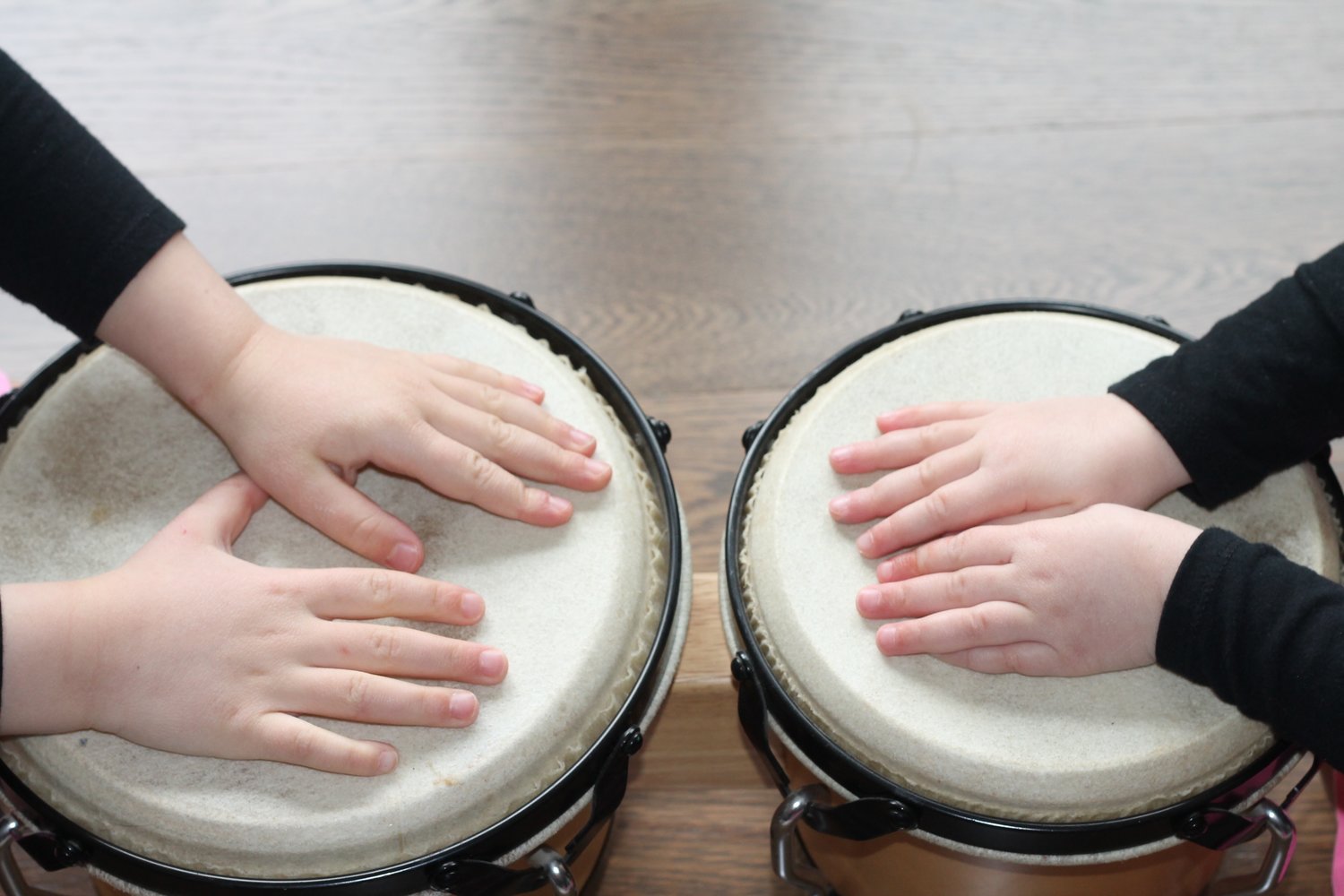Using Music Therapy to Treat or Manage a Disability
Who doesn’t love music? We each have our own favorite songs and artists, and our tastes in music differ person to person. Playing an instrument or even just listening to your favorite songs are great pastimes and hobbies. But did you know that music, when implemented effectively, can actually have therapeutic benefits? Welcome to the world of music therapy! Let’s break it down:
- Where it all began – For centuries music has been used as an aid in therapy and, more recently, has proven to affect different parts of the brain. Colleges and universities have since begun incorporating music therapy into their academics. This began in 1944 when Michigan State University first offered it as a major.
- Who does it help – Music therapy can help treat or manage a wide array of disabilities, from mental, to physical, to even verbal. As Hans Christian Andersen famously said, “Where words fail, music speaks.” In Alzheimer’s patients, music therapy can boost cognitive function, thus lowering the need for antipsychotic medication. It’s a win-win! Picture it like this: assuming a person with Alzheimer’s is elderly, a personalized playlist is curated by the music therapist that features songs popular in earlier years of the patient’s life. The music essentially takes them back, and many report improvement in mood and heightened cognitive function.
- What’s the catch – Music therapy is not a replacement for traditional medicine and therapies. In more serious cases of disability, music therapy is often used in addition to physical therapy or psychotherapy and with medications. Also, the type or genre of music used depends on the patient’s preferences; some music may be beneficial, while other music might have adverse effects on the patient’s condition. For this reason, the music therapist and the patient will often join forces to find the right music for the patient’s needs and personal preference. This kind of therapy has been shown to be most effective when the melody and lyrics match closely with the patient’s mood and state of mind.
It is truly amazing what art can do for the body, the mind, and the soul. Music is just one of the innumerable facets of art, and is known to have therapeutic properties when implemented effectively and in conjunction with other therapies and medicinal practices as needed. As with any field of medicine, research and studies help to uncover new methodologies and practices, and to advance knowledge in the world of music therapy. So the next time you listen to your favorite songs/bands/artists, pay attention to the effects the music has on you.
This post was written by Sperling
